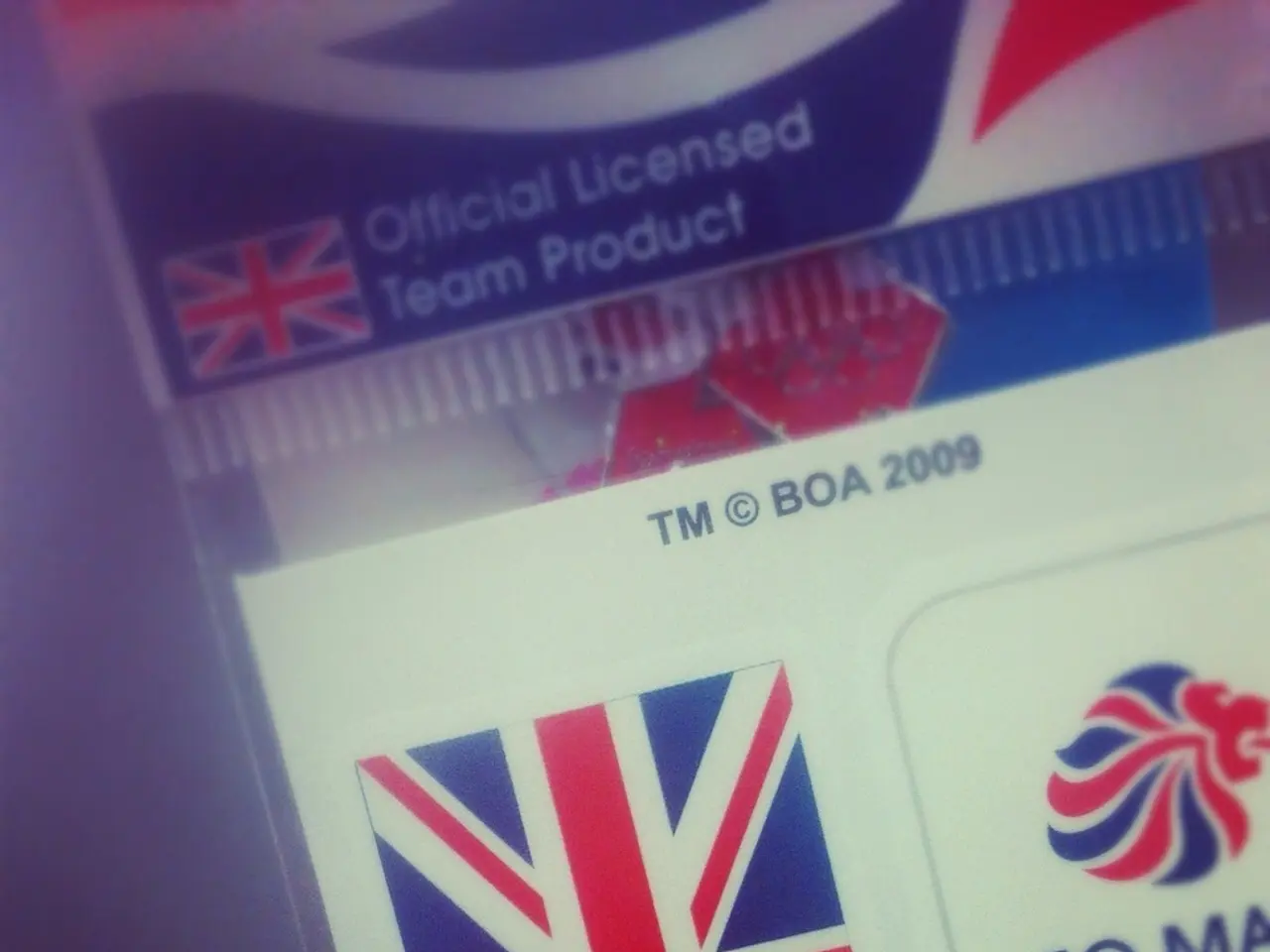Foreign LLCs owned by non-American entities being taxed by the United States government
Foreign-Owned Businesses in the U.S.: A Tax Guide
Foreign individuals looking to invest in U.S. businesses or establish a presence in the American market can find attractive opportunities, particularly in states like Nevada and Georgia. These states offer favourable tax environments for businesses and individuals alike.
In Nevada, U.S. companies and bank accounts can be held by foreign and domestic clients. One of the state's key advantages is its absence of corporate income tax and personal income tax, which can substantially lower a company's overall tax burden. Non-resident aliens often form and own a limited liability company (LLC) in the United States, and forming an LLC in Nevada as a nonresident is possible.
The taxation of foreign-owned LLCs in the United States depends on the nature of the income generated. Business Income (Effectively Connected Income, ECI) from a trade or business conducted in the U.S. is treated as effectively connected income. Foreign individuals must report this on Form 1040NR. This includes income from personal services, business operations, or a partnership engaged in business within the U.S. ECI is taxed at graduated rates similar to U.S. residents.
Income from IP royalties, such as those from patents, copyrights, etc., is considered Fixed, Determinable, Annual, or Periodic (FDAP) income and subject to a 30% withholding tax unless reduced or exempted by tax treaties. They are generally not treated as effectively connected income unless related to a trade or business.
Interest is generally treated as FDAP income and subject to a 30% withholding tax if it is U.S.-source. However, most common types of U.S. source interest, such as interest paid by banks, credit unions, and similar institutions, are exempt from U.S. taxation for nonresident aliens. Exceptions include interest effectively connected with a U.S. business or broker interest on cash deposits. Tax treaty benefits may reduce or eliminate withholding.
The sale of personal property by nonresident aliens usually is not subject to U.S. tax unless the gains are effectively connected with a U.S. trade or business, such as sales of U.S. stock or ETF shares held by nonresident aliens.
Gains from the sale of U.S. real property interests are taxed as effectively connected income and thus taxable to nonresident aliens. This is governed under the Foreign Investment in Real Property Tax Act (FIRPTA), requiring withholding on the sale proceeds and reporting on Form 1040NR.
In Georgia, the state provides an excellent environment for starting and operating a business, even for nonresidents. One of Georgia's main appeals is its tax structure, as it exempts income earned within the state from corporate income tax. Information on how to incorporate in Georgia as a nonresident is also available.
For comprehensive guidance on U.S. taxation for foreign individuals, refer to IRS Publication 519, the U.S. Tax Guide for Aliens. This publication provides detailed information on reporting requirements, withholding rules, and tax treaty benefits. As always, it's advisable to consult with a tax professional for personalised advice.
[1] IRS Publication 519, U.S. Tax Guide for Aliens, 2021 [2] Form 1040NR Instructions, 2021 [3] IRS Publication 901, U.S. Tax Treaties, 2021 [4] IRS Publication 936, United States Taxation of Foreign-Owned Controlled Foreign Corporations and Foreign Corporations, 2021 [5] IRS Publication 515, Withholding of Tax on Nonresident Aliens and Foreign Entities, 2021
Read also:
- Top racer claims Corvette ZR1 might have shaved an additional 10 seconds off its record-setting lap time at Nurburgring
- A Business Model Explained: Its Purpose and Benefits for Your Venture
- Crafting a Profitable Business Strategy for a Digital Beginning: Established Procedures for Triumph
- Monitoring Europe's Natural Gas Reservoirs




